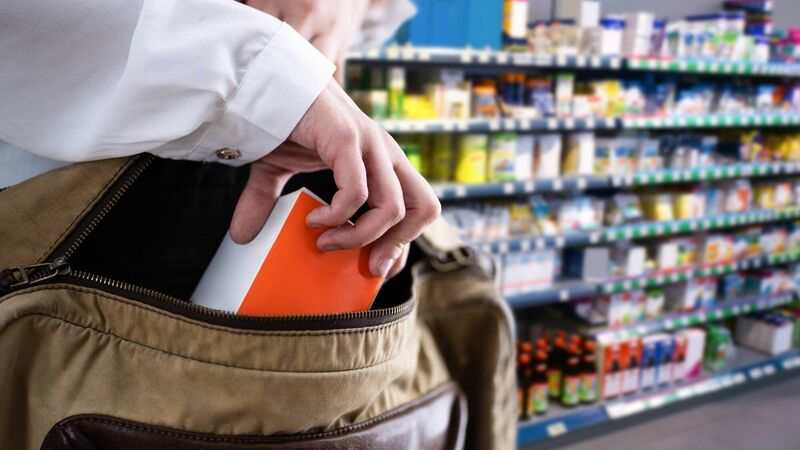Irish Examiner view: We have to change our strategy on shoplifting

The most recent figures from the CSO confirmed that two thirds of a 7% increase in theft is attributable to the stealing of goods from shops.
There has been a joke doing the rounds that Britain has changed from being a nation of shopkeepers into a nation of shoplifters.
But the hollow laughter may be on us now as data increasingly points to Ireland following the same path.
















